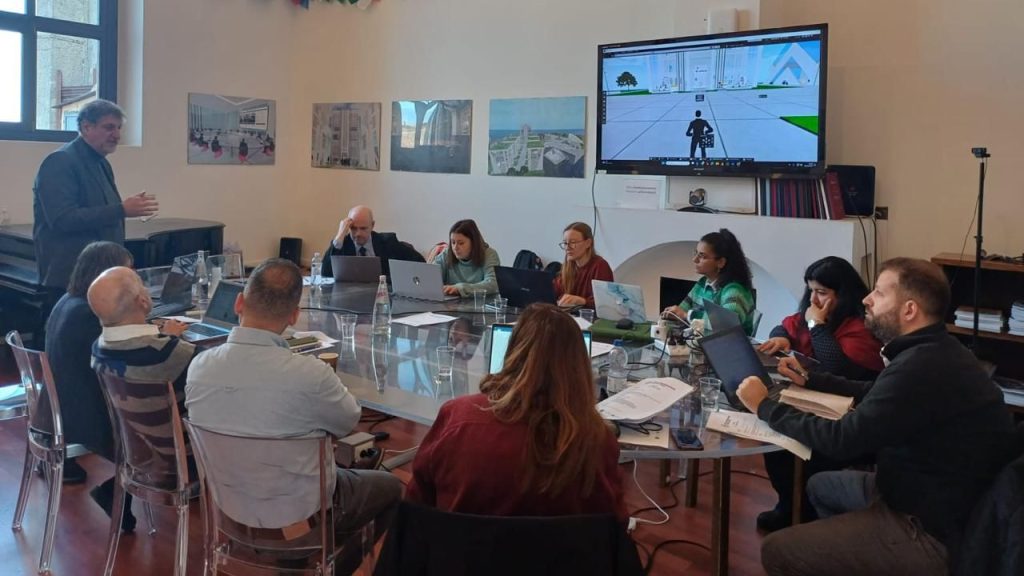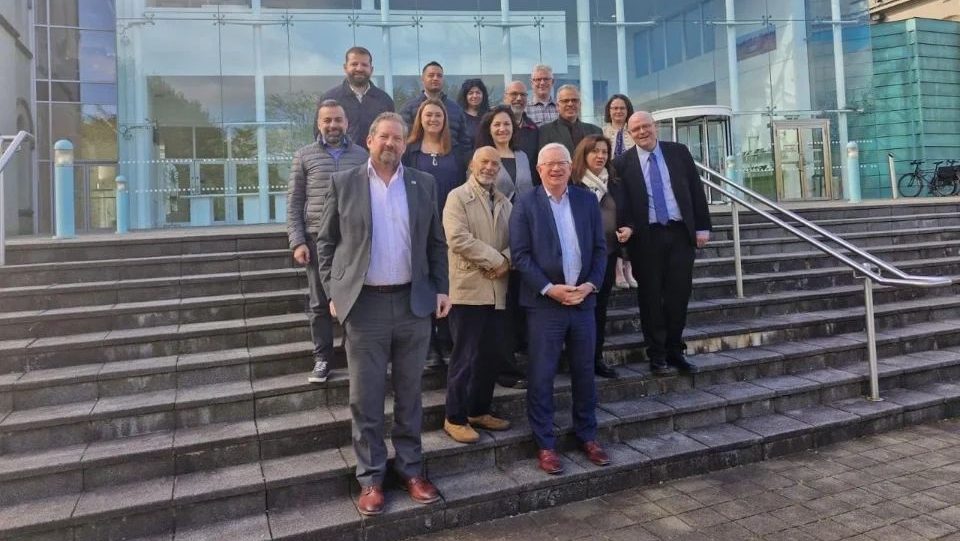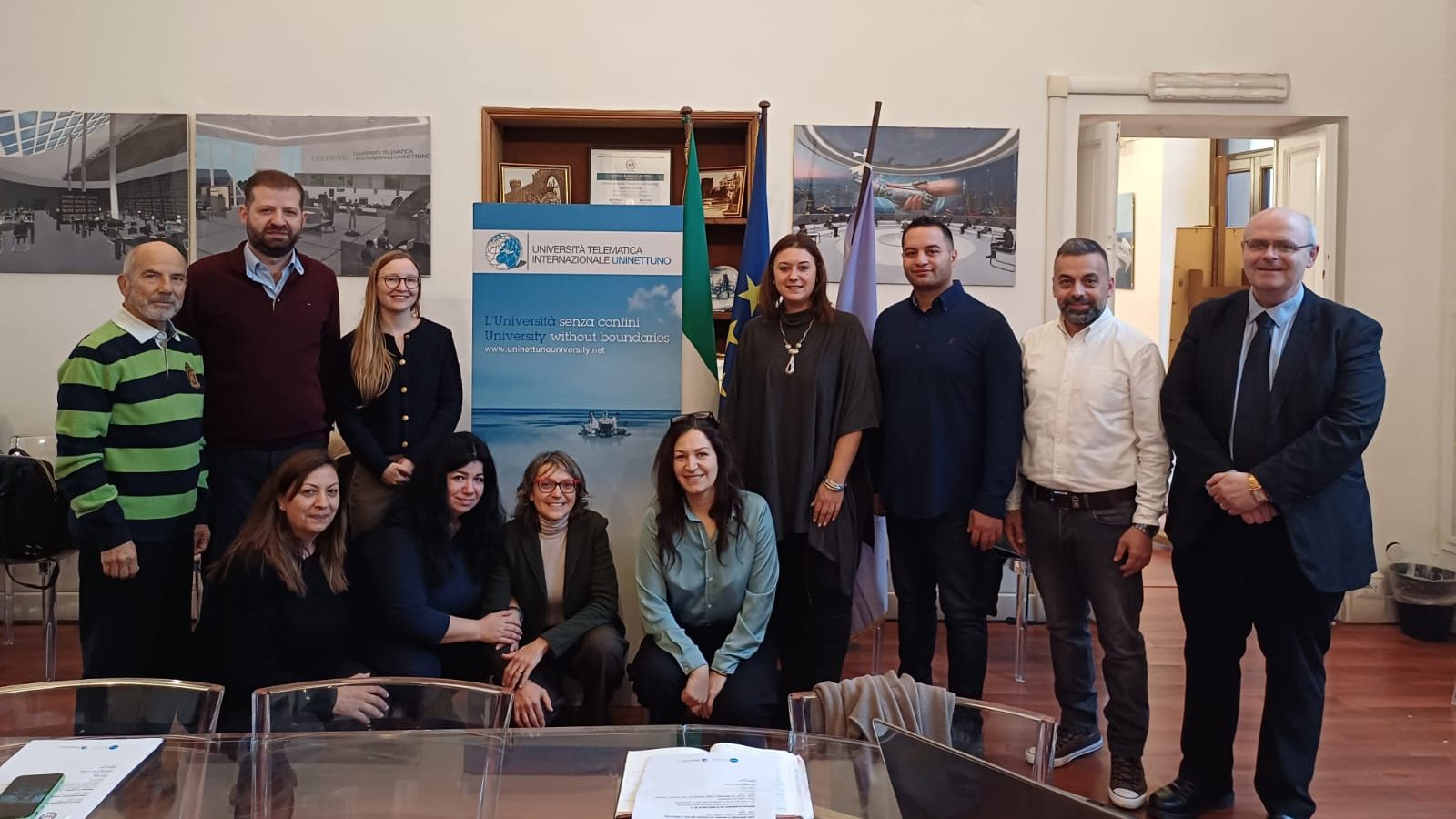The Social Entrepreneurship in Times of Crises (SE.TC) project funded by the European Union, through the Erasmus+ program, unites a consortium of Lebanese and European institutions. Lebanese institutions such as Université La Sagesse (ULS), Saint Joseph University of Beirut (USJ), Lebanese University (LU), and East International University (EIU), work alongside international partners including the International Telematic University (UNINETTUNO, Italy), the Technological University of the Shannon (TUS, Ireland), and UNIMED, the Mediterranean Universities Union.
With the mission of promoting social entrepreneurship during difficult times, the project intends to encourage faculty members and students to step into social innovation and impact-driven change.


- Social Entrepreneurship in Times of Crisis project under Erasmus+ Program co-funded by the European Union.
https://www.setc-project.eu/

